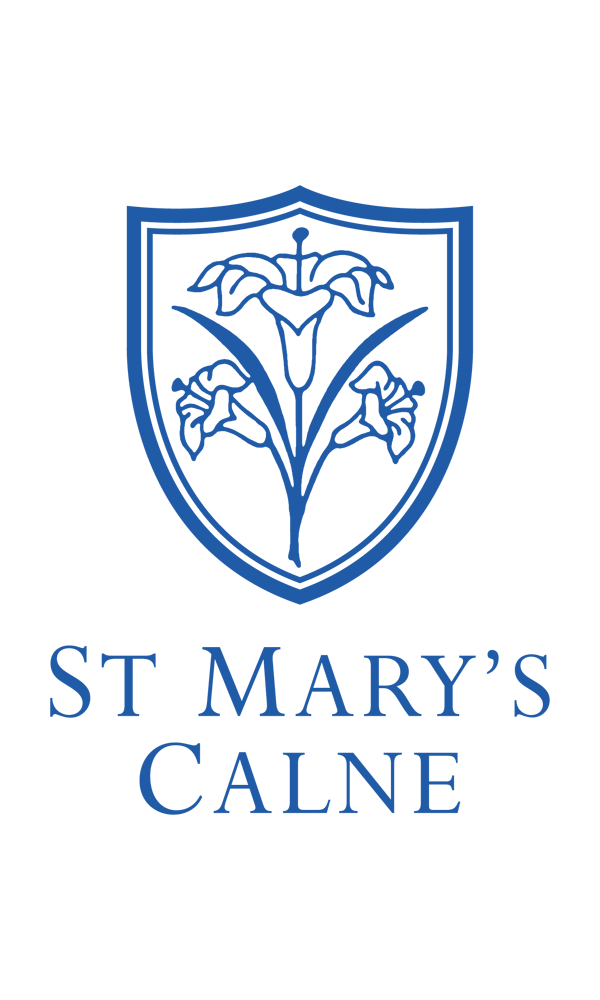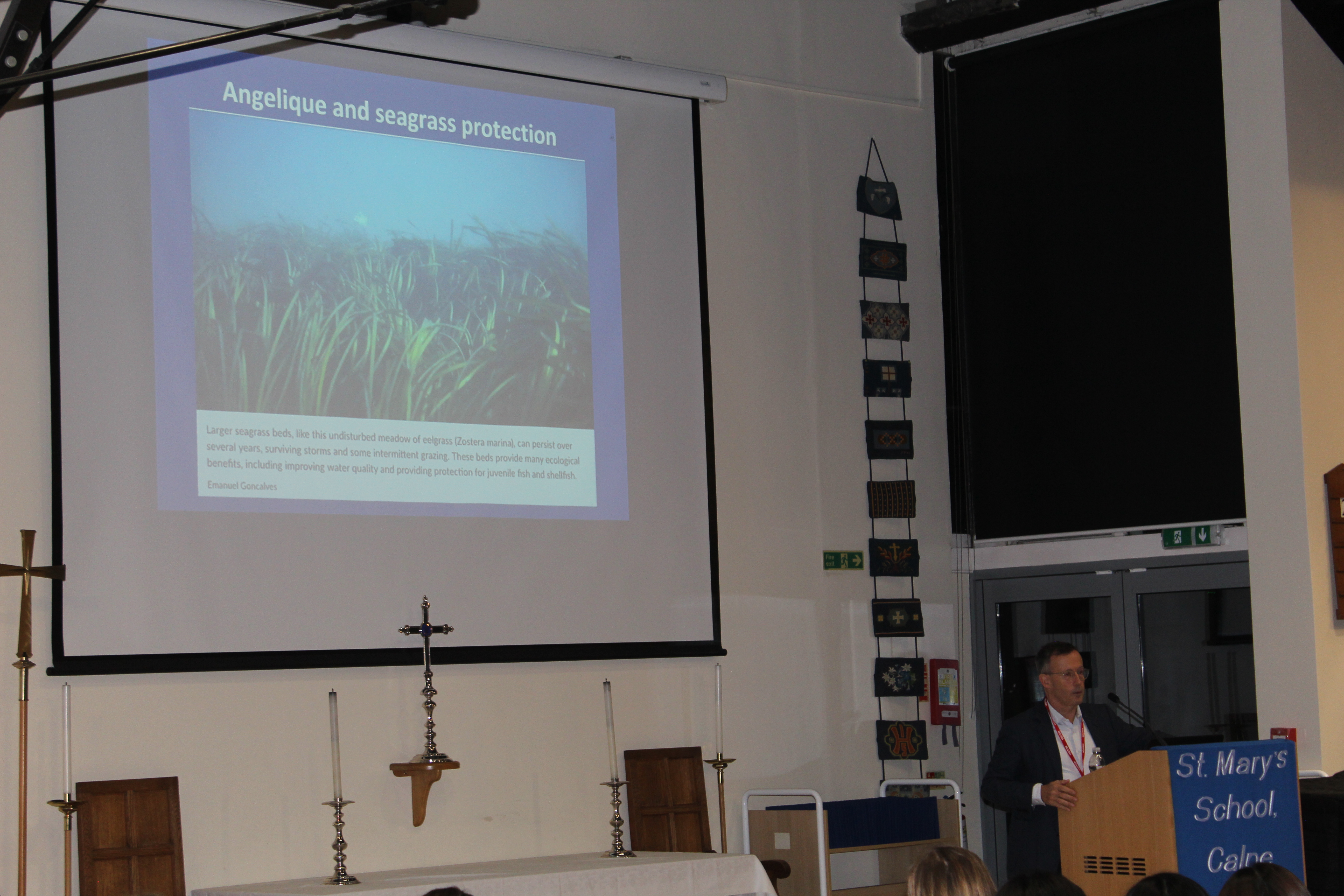On Tuesday 1st February as part of St Mary’s Calne Lecture Programme – open to the whole school – we were honoured to welcome Torsten Thiele, founder of the Global Ocean Trust (a not-for-profit network of marine conservation experts), an associate scholar at the Institute for Advanced Sustainability Studies in Potsdam, Germany, and senior advisor to the IUCN Blue Natural Capital Finance Facility.
Juliette (LVI, Year 12) shares her thoughts about the lecture:
'Mr Thiele joined some of the Sixth Form pupils for supper prior to the lecture, during which we discussed a range of engaging topics such as the approaches to cleaning up our oceans and how we should foremost focus on reducing plastic entering the ocean before we attempt to remove it. Mr Thiele described the intricate connection between geography, economics and biology, and how he uses both his economic and geographical knowledge to approach climate issues. One conversation I found particularly captivating was whether or not reducing our consumption of fish can help our oceans recover, to which Mr Thiele eloquently responded, saying that the type of fish you consume is more important, rather than the quantity, and that for the future of our climate as a whole, eating fish is much more sustainable than consuming other animal products such as beef. We all found it quite amusing that we had coincidently been served poached salmon for dinner during this conversation.
The lecture itself was a culmination of knowledge and expertise. Mr Thiele spoke about the current climate crisis and human actions, in particular how it is affecting our oceans. He focused on ocean governance and marine conservation, as well as including multiple key female figures who play a large role in research and conservation. One interesting thing I learnt from the lecture was the importance of seagrass, the plant that can remove carbon 30 times faster than a rainforest. He highlighted the importance of monitoring and preserving this plant for the sake of our climate. It was evident that the lecture was so engaging as there was an abundance of sophisticated questions from the students after the lecture. It sparked such curiosity that girls have become interested in carrying out work experience with Mr Thiele, who was delighted at the thought.
It was a pleasure to have Mr Thiele come to St Mary’s and we hope he can return soon.'
 St Mary's Calne
St Mary's Calne






